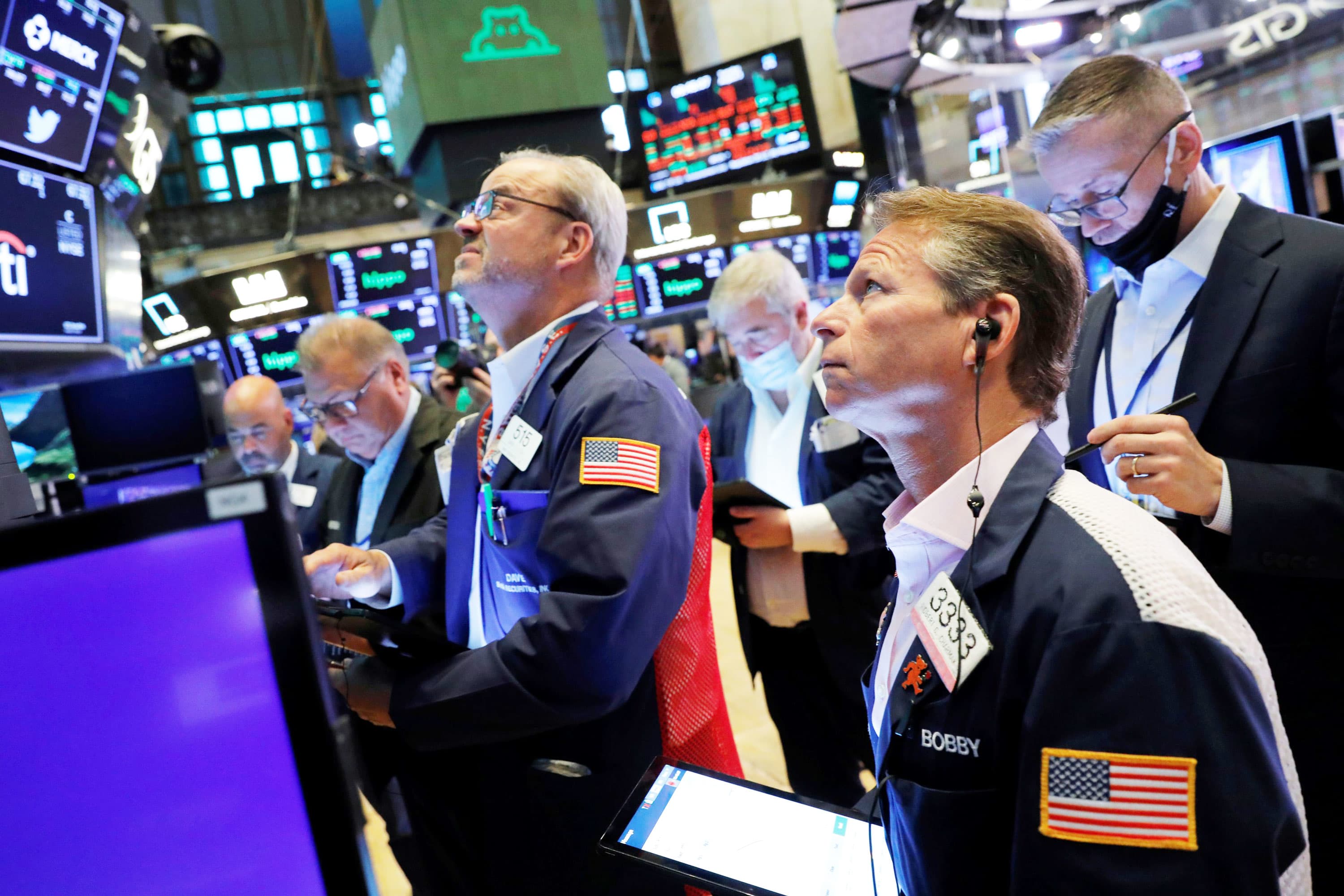
Emerging markets have underperformed for a long time, but that could just be because of how they’re grouped together in broad-based indexes, said one ETF manager.
“There’s no doubt emerging markets have been a huge disappointment,” EMQQ founder and Chief Investment Officer Kevin Carter told CNBC’s “ETF Edge” on Monday.
EMQQ is the Emerging Markets Internet and Ecommerce ETF, among the 15 largest funds of its kind in the market. It is down more than 18% year to date, but up almost 97% since its inception in November 2014.
On a broader scale, emerging markets have faced more difficult comparisons.
The 14-year return for emerging markets is nearly zero, “and with a lot of red in the middle,” Carter said.
“In emerging markets, you can’t buy the broad indexes. The broad indexes are broken because of heavy exposure to the legacy economy, exposure to the state-owned banks, the oil companies, the corruption,” he said, citing Brazil’s Petrobras scandal and its impact on Vanguard’s FTSE Emerging Markets ETF (VWO) and the iShares MSCI Emerging Markets ETF (EEM).
“What we’ve done is create really the tip of the spear not just of growth in emerging markets, but in the entire world,” Carter said of EMQQ.
The ETF is 66% weighted toward internet services stocks, 8% department stores, 6% software and 4% real estate services. It is also 64% Hong Kong and Chinese stocks, with Alibaba, Tencent, Pinduoduo and Meituan making up the top 29% of the portfolio.
Despite China’s recent crackdowns on its major tech companies, the growth of the middle class and of smartphone and internet consumption should be enough to propel emerging markets forward, Carter said.
“This is the fastest-growing sector I think by far in the world and investors in this particular sector have done very well,” he said, noting that emerging markets account for 85% of the world’s population.
“All of those billions of people [are] getting their first computer, their first internet access and importantly, because they don’t have a bank account with a debit card, they don’t have a cable television on the wall and there’s not a Target store, they’re leapfrogging to digitize consumption and are in many ways more digital than we are,” he said.
Another way to look at the emerging markets trade is through the lens of freedom and liberty, at least according to Perth Tolle, founder of Life + Liberty Indexes.
Her firm runs the index behind the Alpha Architect Freedom 100 Emerging Market ETF (FRDM), which weighs its holdings based on civil, political and economic freedom metrics.
Its top holdings are Taiwan Semiconductor, Samsung Electronics and Bank of Central Asia. With no allocation to China, its top weightings by country are Taiwan at 20%, Chile at 17%, South Korea also at 17% and Poland at 16%.
“We don’t believe that there is a price at which we’re willing to invest in companies that have to put state interests first. There’s a price to doing business that way and we don’t want to be sitting here subsidizing that cost,” Tolle said in the same “ETF Edge” interview, adding that there is little to no distinction between private and state-owned enterprises in China.
“We’re going to try to avoid those companies and we’re going to try to invest in the places that have the freedom to operate in the best interests of shareholders and other stakeholders besides the government, and we think that’s where the growth is going to be in the next few years,” Tolle said.
FRDM is up more than 6.5% year to date and about 36.5% since its inception in May 2019.




